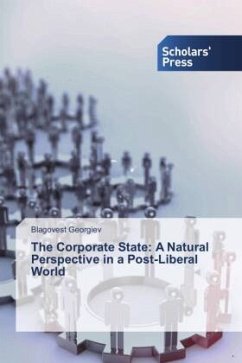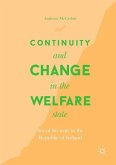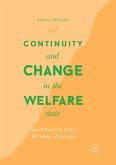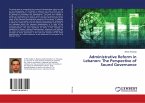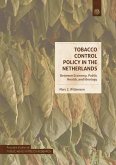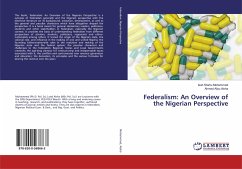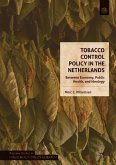My interest in the corporate state subject was incited by a madly increasing irrationality in international relations and politics. The national political elites submerged into the virtual realm of Morgenthau's "pathology in politics". On the one hand, state has ventured in the globalization perspective requiring sovereignty sharing. On the other, modern state is conscious that sovereignty sharing requests a subtle countries' balance of interests. One could not balance interests in the international field without previously balancing relevant communities' domestic interests. Under the present omnipresent liberal model of economic and political arrangements state is out of capacity to balance any domestic interests since the social structures manifest the Hobbesian's "bellum omniae contra omnes" rather than communities' interests alignment. The corporate state only is in capacity to achieve structural harmonization of domestic interests thereby achieving cooperation rather than competition, to say, mutual fight each to other. Achieving non-class-based cooperation will request a principally new pattern of economic organization and political representation.

